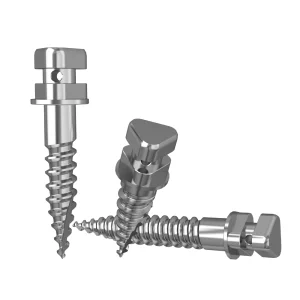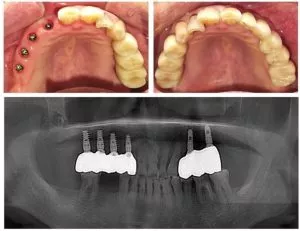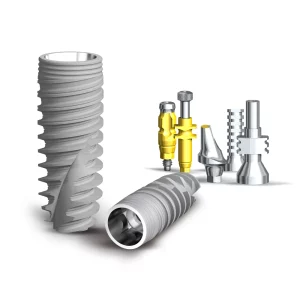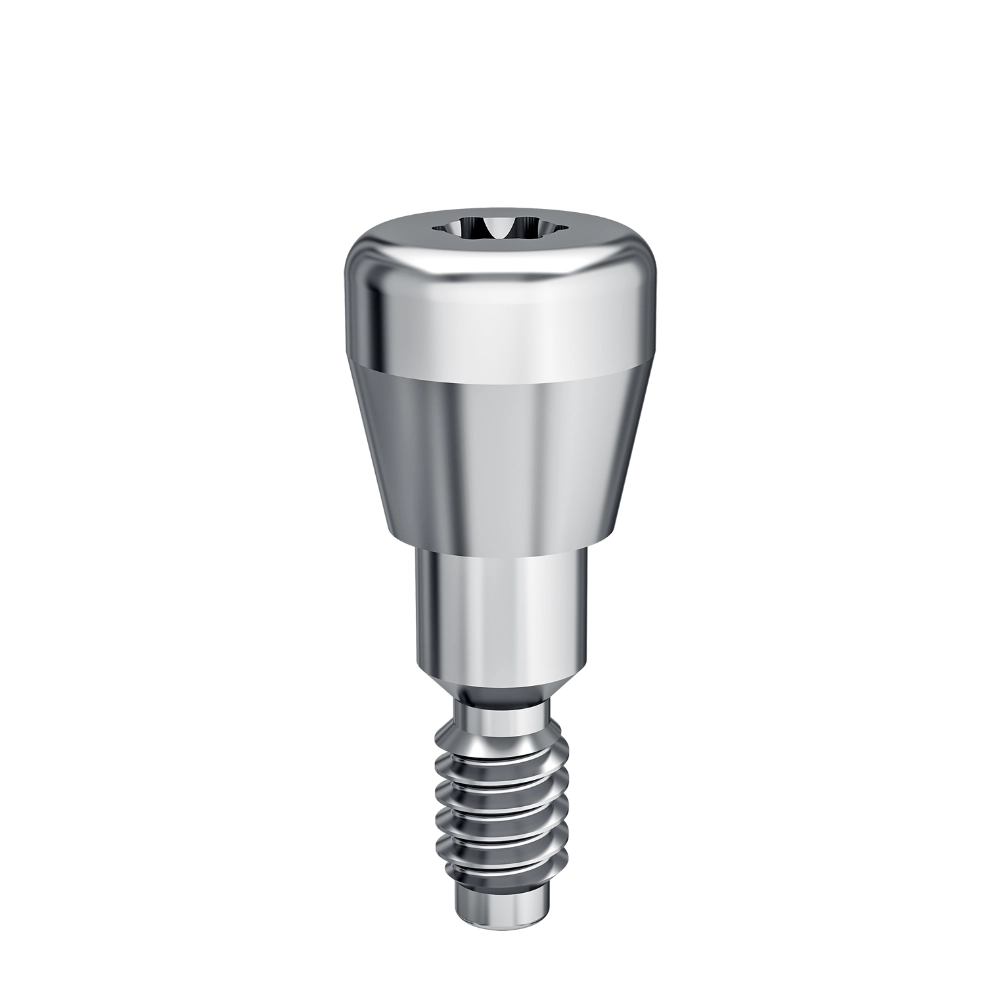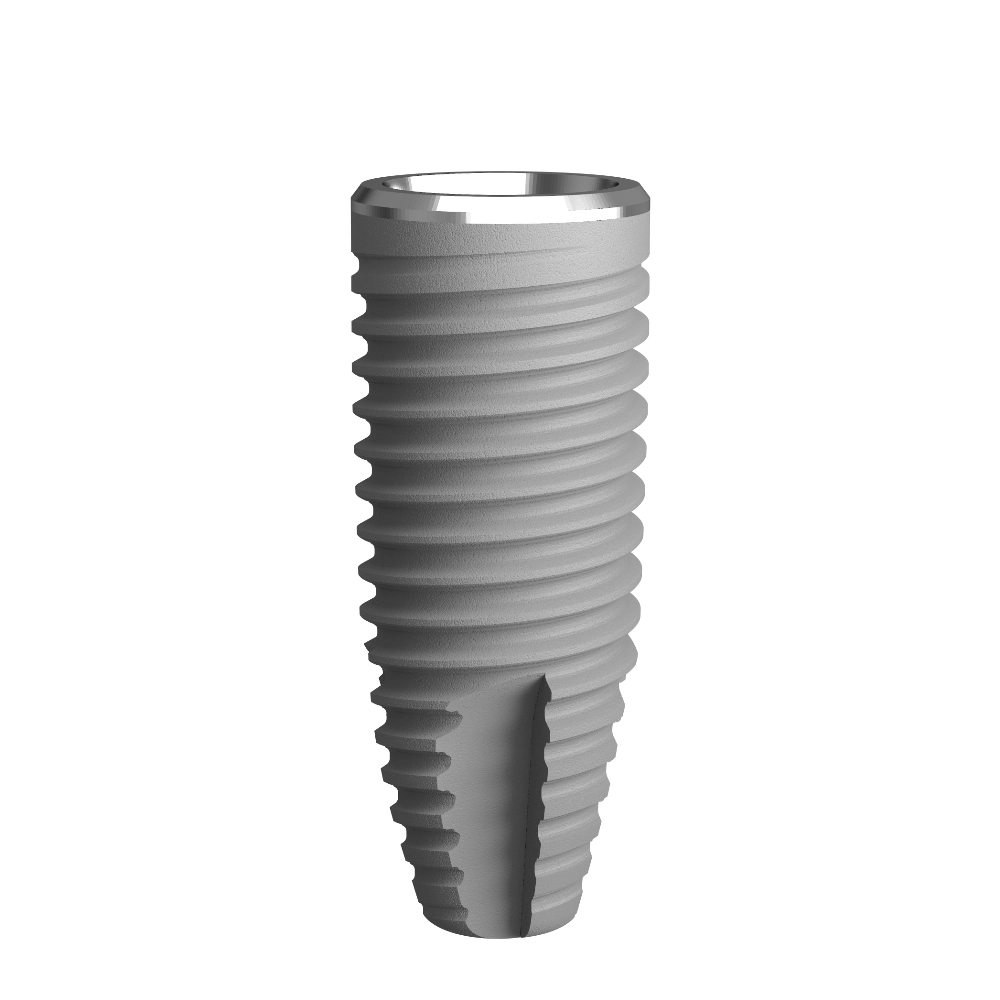
In modern dental implantology, custom abutment implants play a pivotal role. They are designed based on each patient’s unique oral structure, tooth loss condition, and personalized needs, providing highly tailored solutions for dental restoration. This ensures precise and personalized fitting, significantly improving the quality and aesthetics of dental restorations while enhancing the patient’s chewing function and overall quality of life.
Custom abutment implant codes are indispensable in dental practice. These codes act as “password locks” in the dental treatment process, accurately recording every key step and procedural detail. On one hand, they offer dental professionals a standardized and regulated method of documentation, allowing for a clear and precise trace of the entire treatment process, ensuring the integrity and continuity of medical records. On the other hand, these codes play a decisive role in insurance claims processing. Accurate code entries help insurance companies swiftly and correctly identify the procedures performed, ensuring that patients receive their rightful insurance compensation without disputes or delays caused by coding errors or irregularities.
This article will explore the specific meaning of custom abutment implant codes, thoroughly analyze their importance, and present best practices for their application. This will help dental professionals better utilize these codes to enhance the quality and efficiency of dental care services.
What is a Custom Abutment?
In the field of dental implants, a custom abutment is a crucial dental component designed to provide a stable connection between the dental implant and the final crown or restoration.
Compared to pre-manufactured, standardized stock abutments, the most significant advantage of a custom abutment lies in its high degree of personalization. It is specifically designed and fabricated based on the patient’s unique oral anatomy and the precise positioning of the dental implant.
Custom abutments are particularly useful when the implant placement angle is unusual, making standard abutments challenging to fit, or when the patient’s soft tissue contours, such as the gums, require a more personalized approach for optimal results. This tailored approach ensures the best possible outcome, blending seamlessly with surrounding natural teeth while maintaining excellent functionality and stability. Ultimately, custom abutments contribute to a superior oral health experience for the patient.
Understanding the Custom Abutment Implant Code
In daily dental practice, the custom abutment implant code plays a critical role. It is a standardized billing code used to accurately record the placement of custom abutments and serves as the basis for billing and cost calculation during the implant process.
Under the current dental terminology system (CDT), D6057 is one of the most commonly used codes.
D6057 specifically represents a custom abutment. This code covers the entire process, from the design of the abutment tailored to a specific patient to its final placement.
The significance of this code is profound, ensuring that the entire procedure of designing and placing a custom abutment is properly documented. These detailed records are not only crucial for the insurance claims process—helping insurance companies accurately understand the treatment performed and provide appropriate reimbursement—but also for the patient’s personal medical records. They ensure clear, standardized documentation for future reference and follow-up care.
Importance of Using the Correct Code
It is crucial to use the correct custom abutment implant code for a number of reasons.
- Insurance Billing Accuracy: Proper coding guarantees that insurance companies will recognise the operation and pay for it accordingly.
- Preventing Claim Denials: Abuse of codes may lead to payment delays or claim denials, which might impact the patient’s coverage as well as the practice’s earnings.
- Legal Compliance: Accurate medical documentation is required by law, and dental clinics may adhere to this need by using proper coding.
- Clear Communication: Assures that patients, insurance companies, and dental professionals all have a clear knowledge of the services being rendered.
How to Determine the Right Code for Your Case
The following variables affect the choice of the appropriate bespoke abutment implant code:
- Abutment Type: Whether the abutment is prefabricated or custom-made.
- Procedure Complexity: Extra coding can be needed in certain situations for tissue management, surgical guidance, or bone transplants.
- Number of Implants: Different codes may apply to full-arch restorations and single implants.
- Special Considerations: Extra paperwork may be needed for certain medical problems or consequences.
Best Practices for Coding and Documentation
Take into account the following recommended practices to guarantee efficient insurance processing and precise record-keeping:
- Detailed Descriptions: Clearly explain the process and the rationale for selecting a bespoke abutment.
- Current Coding: Keep abreast with yearly changes and improvements to the CDT code.
- Keep Clear Records: To support the selected code, keep thorough patient records, including X-rays and clinical notes.
- Staff Training: Make certain that billing employees get sufficient instruction on dental coding standards.
FAQs About Custom Abutment Implant Codes
What distinguishes CPT codes from CDT codes?
Whereas CPT codes cover more general medical operations, CDT codes are exclusive to dental procedures.
Is it possible to apply the same code to several abutment types?
No, CDT regulations distinguish between prefabricated and bespoke abutments.
How often are dental codes updated?
The American Dental Association (ADA) updates the CDT code system once a year.
Conclusion
For a dental practice to operate well, the bespoke abutment implant code must be used precisely. It ensures correct billing, enhances patient care, and promotes regulatory compliance. Dental practitioners should remain up to speed on coding changes and adhere to best practices for documentation in order to prevent claim problems and provide the best service. Seeking expert guidance for billing and insurance can further streamline the process, benefiting both patients and practitioners.

